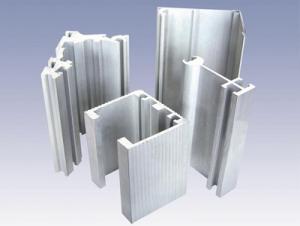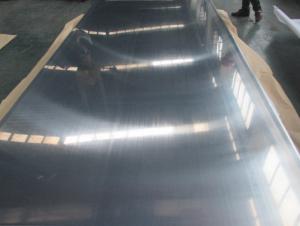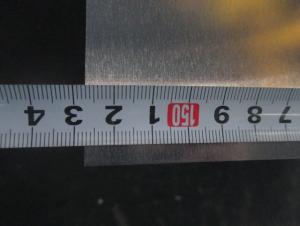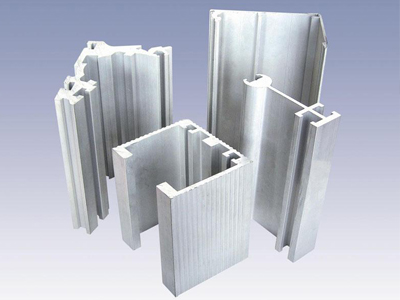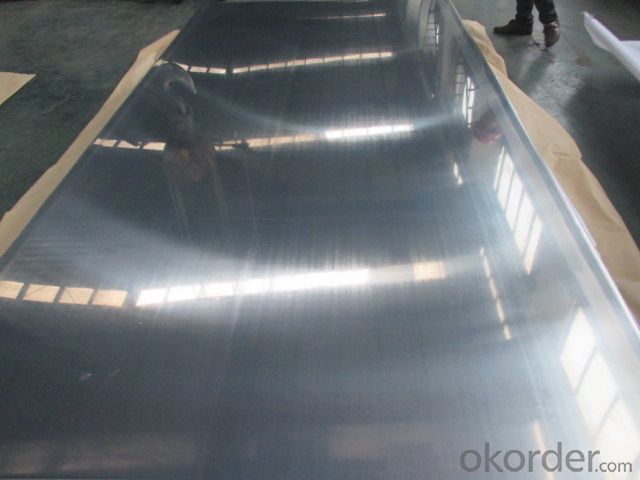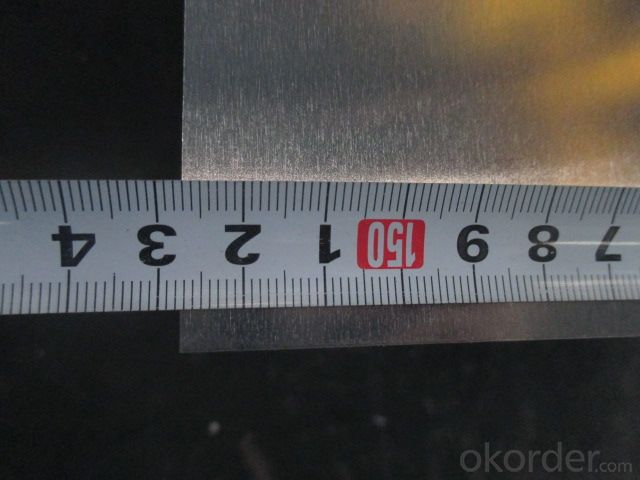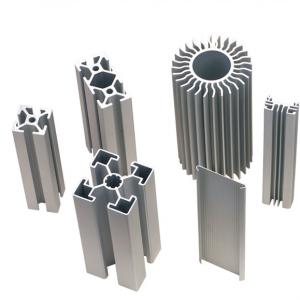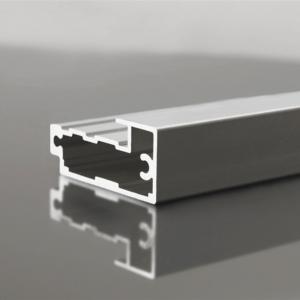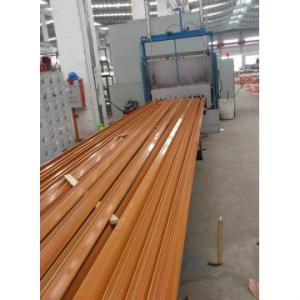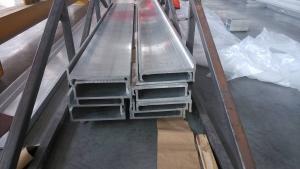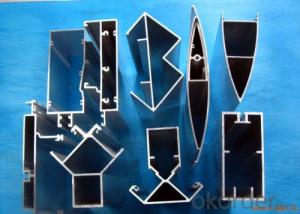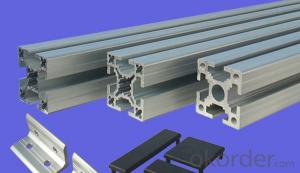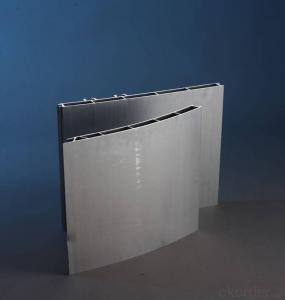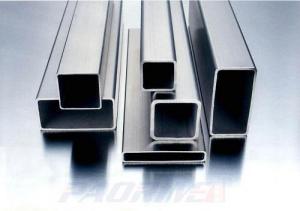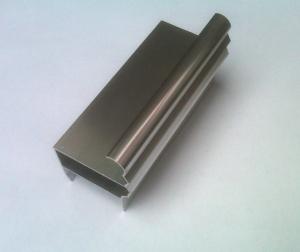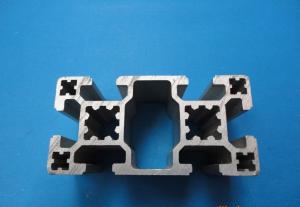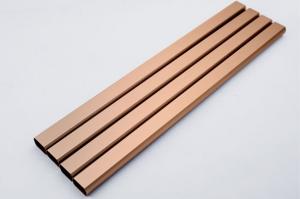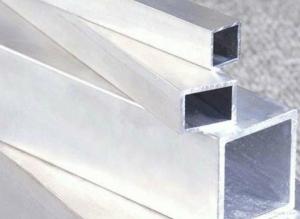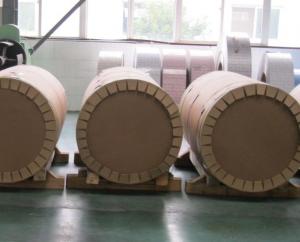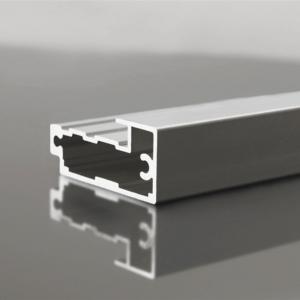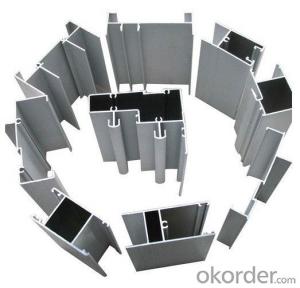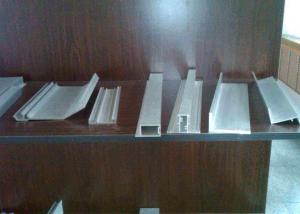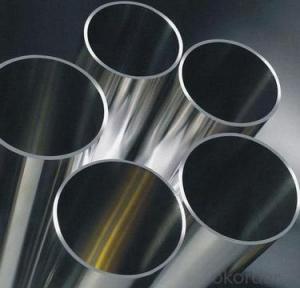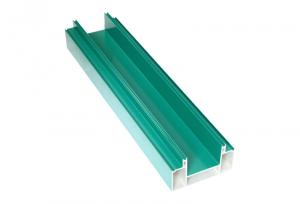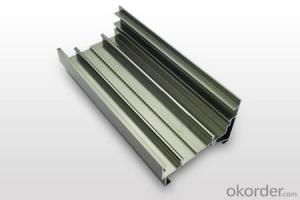Half Round Aluminum Extrusion Profiles - Aluminum Sheet and Cold Rolled Plate Warehouse Price
- Loading Port:
- Shanghai
- Payment Terms:
- TT or LC
- Min Order Qty:
- 3 m.t.
- Supply Capability:
- 5000 m.t./month
OKorder Service Pledge
OKorder Financial Service
You Might Also Like
1.Structure of Product Description
Cold rolled aluminum sheet is widely used in the field of construction field and decoration field, etc.
There are many different grades, such as: 1000 series, 2000 series, 3000 series, 5052,5754,5083,6061,6063,8011, etc.
The temper is include H14, H22, H24, H44,H112,H114,etc.
2. Main features of the product
a.Competitive price
b.Frist-Class Service.
c. Shortest service.
3. Image.
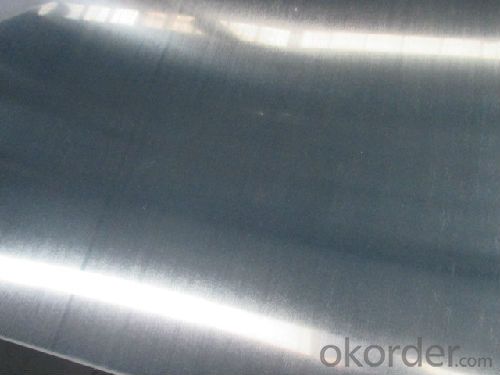
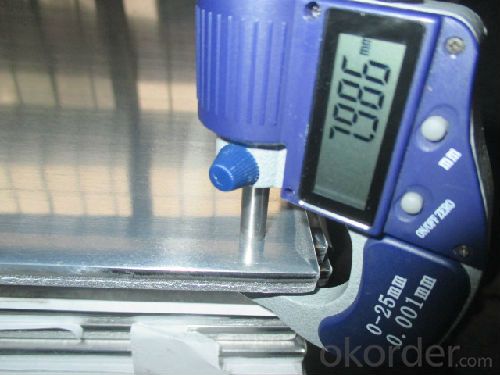
4. Product detailed sizes:
1000mm*2000mm, 1219mm*2438mm,1250mm*2500mm,1500mm*3000mm, etc.
5. FAQ:
What is the quality standard?
---Usually our standard is GB3880-2006 or others.
What is the width range?
---It is from 1000mm to 2500mm, etc.
---Normally it is around 9000 tons totally.
Where is your client from?
---Normally it is from Japan, USA, ENGLISH, SINGAPORE, ETC.
What is your mainly products?
---Normally they are aluminum sheet, checkered sheet,
1100 grade and other else grades,
mirror finish aluminium sheet, aluminum casting coil, etc.
- Q: How do aluminum profiles perform in terms of heat resistance?
- Aluminum profiles exhibit good heat resistance properties. Aluminum has a relatively high melting point of 660.3°C (1220.5°F) and a low thermal expansion coefficient, which enables them to withstand high temperatures without significant deformation or structural damage. This makes aluminum profiles suitable for various applications requiring heat resistance, such as heat sinks, automotive components, and industrial equipment. Additionally, aluminum's excellent thermal conductivity allows for efficient heat dissipation, further enhancing their performance in heat-intensive environments. However, it is important to note that aluminum's heat resistance is not as high as some other metals like steel or titanium, so in extremely high-temperature applications, alternative materials might be more appropriate.
- Q: Can aluminum profiles be utilized in constructing building facades that necessitate superior thermal insulation?
- <p>Yes, aluminum profiles can be used for building facades requiring high levels of insulation. By incorporating thermal breaks or using insulated aluminum profiles, the thermal conductivity of aluminum can be mitigated. These profiles can also be combined with insulating materials like polyurethane or mineral wool to enhance the insulation properties. Modern facade systems often employ aluminum due to its strength, durability, and design flexibility, while ensuring energy efficiency through advanced insulation techniques.</p>
- Q: What are the standard dimensions and sizes of aluminum profiles?
- The dimensions and sizes of aluminum profiles can vary depending on the specific application and industry. However, there are commonly used dimensions and sizes that are widely adopted across industries. Aluminum profiles are available in various shapes, including angles, channels, tubes, and bars. These profiles have dimensions that range from small to large, with measurements based on width, height, and thickness. For instance, aluminum angle profiles typically have widths and heights ranging from 1/2 inch to 8 inches, with thicknesses ranging from 1/16 inch to 1/2 inch. Aluminum channel profiles have widths from 1/2 inch to 12 inches, heights from 1/2 inch to 3 inches, and thicknesses from 1/16 inch to 1/4 inch. Aluminum tube profiles come in different outer diameters, ranging from 1/8 inch to 6 inches, with wall thicknesses from 1/32 inch to 1/4 inch. Aluminum bar profiles usually have widths from 1/8 inch to 12 inches, heights from 1/8 inch to 4 inches, and thicknesses from 1/16 inch to 1/2 inch. It's important to note that these dimensions and sizes serve as a general guideline, and custom dimensions or sizes may be required for specific applications. Furthermore, different countries or regions may have their own standards and variations in aluminum profile dimensions and sizes. Therefore, it's advisable to consult with manufacturers or suppliers to determine the specific dimensions and sizes that meet your requirements.
- Q: Can aluminum profiles be used in exhibition or trade show displays?
- Yes, aluminum profiles can be used in exhibition or trade show displays. Aluminum profiles are lightweight, durable, and versatile, making them an ideal choice for constructing exhibition displays. They can be easily assembled and disassembled, allowing for quick setup and dismantling at trade shows. Additionally, aluminum profiles can be customized to create various shapes and sizes, accommodating different exhibition booth designs. The profiles can also be easily integrated with other materials such as fabric, glass, or acrylic panels to create a visually appealing and professional display. Overall, aluminum profiles offer a cost-effective and practical solution for exhibition or trade show displays.
- Q: Are aluminum profiles suitable for mass production or large-scale projects?
- Yes, aluminum profiles are highly suitable for mass production and large-scale projects. Aluminum is a lightweight and versatile material that offers excellent strength and durability. Its malleability allows for easy customization and fabrication, making it ideal for creating complex shapes and designs. Additionally, aluminum profiles have excellent corrosion resistance, ensuring longevity in various environmental conditions. Moreover, aluminum is recyclable, making it a sustainable choice for large-scale projects. Therefore, aluminum profiles are a preferred choice for industries such as construction, automotive, aerospace, and manufacturing, where mass production and large-scale projects are common.
- Q: Ask Master: at present domestic industry deep aluminum extrusion production line of domestic manufacturers are also many, but the price is still the production line and abroad have obvious difference, then foreign production lines in what ways do better? Thank you
- On the equipment, the extrusion line of Germany and Japan is more automatic, and the on-line quenching is the setting program for automatic operation.
- Q: Can aluminum profiles be recycled indefinitely?
- Yes, aluminum profiles can be recycled indefinitely. Unlike other materials, aluminum does not degrade during the recycling process. It can be melted down and reshaped into new profiles without losing its inherent properties. This essentially means that aluminum profiles have a never-ending life cycle. Recycling aluminum requires significantly less energy and resources compared to producing new aluminum, making it an environmentally sustainable option. Moreover, the recycling process can be repeated countless times without any loss in quality, making aluminum one of the most recycled materials in the world.
- Q: This question asks if aluminum profiles can be utilized in sustainable construction projects and seeks an explanation of their application.
- <p>Yes, aluminum profiles can be used for green building projects. They are valued for their durability, recyclability, and energy efficiency. Aluminum profiles are lightweight, which reduces the load on structures and can contribute to energy savings in heating and cooling. They also have high thermal conductivity, which can be beneficial for heat transfer in building systems. Additionally, aluminum is 100% recyclable, meaning it can be repurposed without losing its properties, reducing waste and the need for new raw materials. This recyclability aligns with the principles of sustainable construction by promoting a circular economy and reducing the environmental impact of building materials.</p>
- Q: Can aluminum profiles be used in warehouse and storage systems?
- Yes, aluminum profiles can be used in warehouse and storage systems. Aluminum profiles are lightweight, durable, and corrosion-resistant, making them suitable for various applications in warehouses and storage systems. They can be used to construct shelving units, racks, and partitions to optimize storage space and organize inventory. Aluminum profiles are also known for their versatility, as they can be easily customized and assembled to meet specific storage requirements. Additionally, aluminum profiles offer excellent strength-to-weight ratio, allowing them to support heavy loads without compromising structural integrity. Overall, aluminum profiles are a popular choice in warehouse and storage systems due to their durability, flexibility, and cost-effectiveness.
- Q: What are the load-bearing capacities of different aluminum profile shapes?
- The load-bearing capacities of different aluminum profile shapes vary depending on various factors such as the specific alloy of aluminum used, the size and dimensions of the profile, and the specific application or use case. Aluminum profiles, also known as extrusions, come in a wide range of shapes including I-beams, T-beams, square tubes, rectangular tubes, angles, and channels. Each profile shape has its own unique load-bearing capacity due to its structural design and cross-sectional properties. For example, I-beams are known for their high load-bearing capacity due to their shape, which allows for efficient weight distribution along the flanges. They are commonly used in structural applications where heavy loads need to be supported. T-beams, on the other hand, have a load-bearing capacity similar to I-beams but with a different cross-sectional shape. They are often used in applications where a flat surface is required on one side, such as in construction or automotive industries. Square and rectangular tubes are versatile profiles that are often used in building structures, frames, and support systems. Their load-bearing capacity depends on the wall thickness and size of the tube. Angles and channels, which have a L-shaped and U-shaped cross-section respectively, are commonly used in construction and manufacturing industries. Their load-bearing capacity depends on the size and dimensions of the profile. It is important to note that the load-bearing capacities of aluminum profiles are typically provided by the manufacturer and should be consulted for specific applications. Additionally, engineering calculations and considerations such as deflection, bending moments, and safety factors should be taken into account when determining the appropriate aluminum profile shape and size for a given load-bearing requirement.
Send your message to us
Half Round Aluminum Extrusion Profiles - Aluminum Sheet and Cold Rolled Plate Warehouse Price
- Loading Port:
- Shanghai
- Payment Terms:
- TT or LC
- Min Order Qty:
- 3 m.t.
- Supply Capability:
- 5000 m.t./month
OKorder Service Pledge
OKorder Financial Service
Similar products
Hot products
Hot Searches
Related keywords
